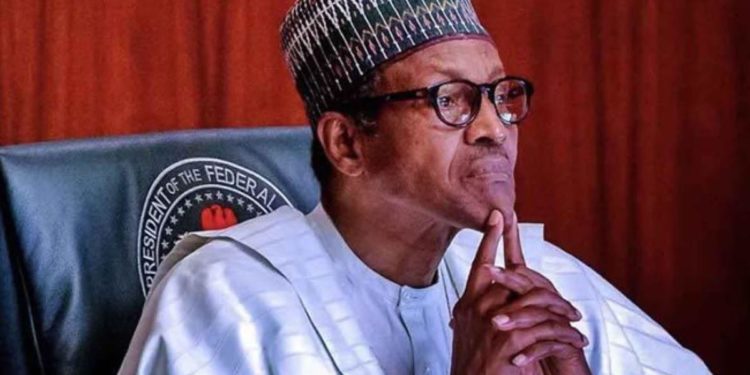Former President Muhammad Buhari was unaware of the extent of Nigeria’s foreign reserves depletion under the tenure of the former Central Bank Governor, Godwin Emefiele, presidential spokesman, Ajuri Ngelale has revealed.
In a recent interview, Ngelale, the Special Adviser to President Bola Tinubu on Media and Publicity, disclosed that the bulk of expenditures from the foreign reserves, amounting to billions of dollars, was executed without the explicit authourization or knowledge of Presidents Buhari and Tinubu.
“The day-to-day operations of the Central Bank, including significant financial decisions, were primarily managed by the CBN governor, who concurrently served as the chairman of the board of directors. This arrangement essentially allowed him to oversee himself,” explained Ngelale.
Reacting to the impact of Emefiele’s policies, particularly the Naira redesign policy, Ngelale emphasized that it adversely affected many Nigerians, describing it as an assault on the populace rather than a political maneuver against President Tinubu.
“The Naira redesign policy led to a cash crunch, leaving numerous individuals unable to access their hard-earned money. This policy was solely orchestrated by Emefiele, and its ramifications were felt across the nation,” Ngelale stated.
He further lamented the plight of millions of Nigerians, including those on minimum wage, who were not implicated in any corruption scandals but suffered due to the policy’s consequences.
In 2023, Nigeria’s foreign reserves experienced a significant decline due to foreign obligations and a reduction in oil production, resulting in heightened volatility in the foreign exchange market.
Despite conflicting reports regarding the exact figures, it’s evident that Nigeria faced substantial challenges in maintaining its foreign reserves.
However, with the appointment of the new CBN governor, Yemi Cardoso, there has been a concerted effort to address these issues.
Cardoso noted that the apex bank inherited significant backlog obligations but has made substantial progress in clearing them since assuming office.
Moreover, reforms implemented by the apex bank, coupled with favorable global economic conditions such as elevated crude oil prices and increased oil production, have contributed to a resurgence in Nigeria’s gross foreign reserves, which stood at $34 billion in February.



